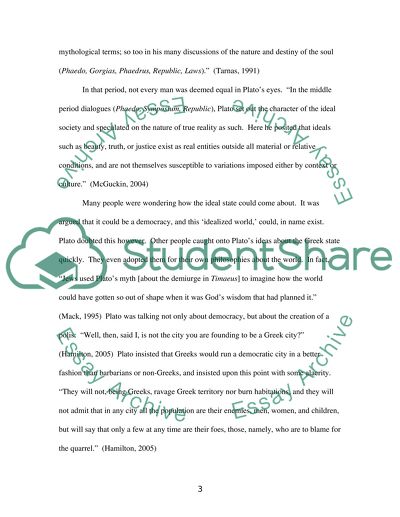Cite this document
(“Plato's View of Democracy Essay Example | Topics and Well Written Essays - 2500 words”, n.d.)
Retrieved from https://studentshare.org/philosophy/1519579-platos-view-of-democracy
Retrieved from https://studentshare.org/philosophy/1519579-platos-view-of-democracy
(Plato'S View of Democracy Essay Example | Topics and Well Written Essays - 2500 Words)
https://studentshare.org/philosophy/1519579-platos-view-of-democracy.
https://studentshare.org/philosophy/1519579-platos-view-of-democracy.
“Plato'S View of Democracy Essay Example | Topics and Well Written Essays - 2500 Words”, n.d. https://studentshare.org/philosophy/1519579-platos-view-of-democracy.


